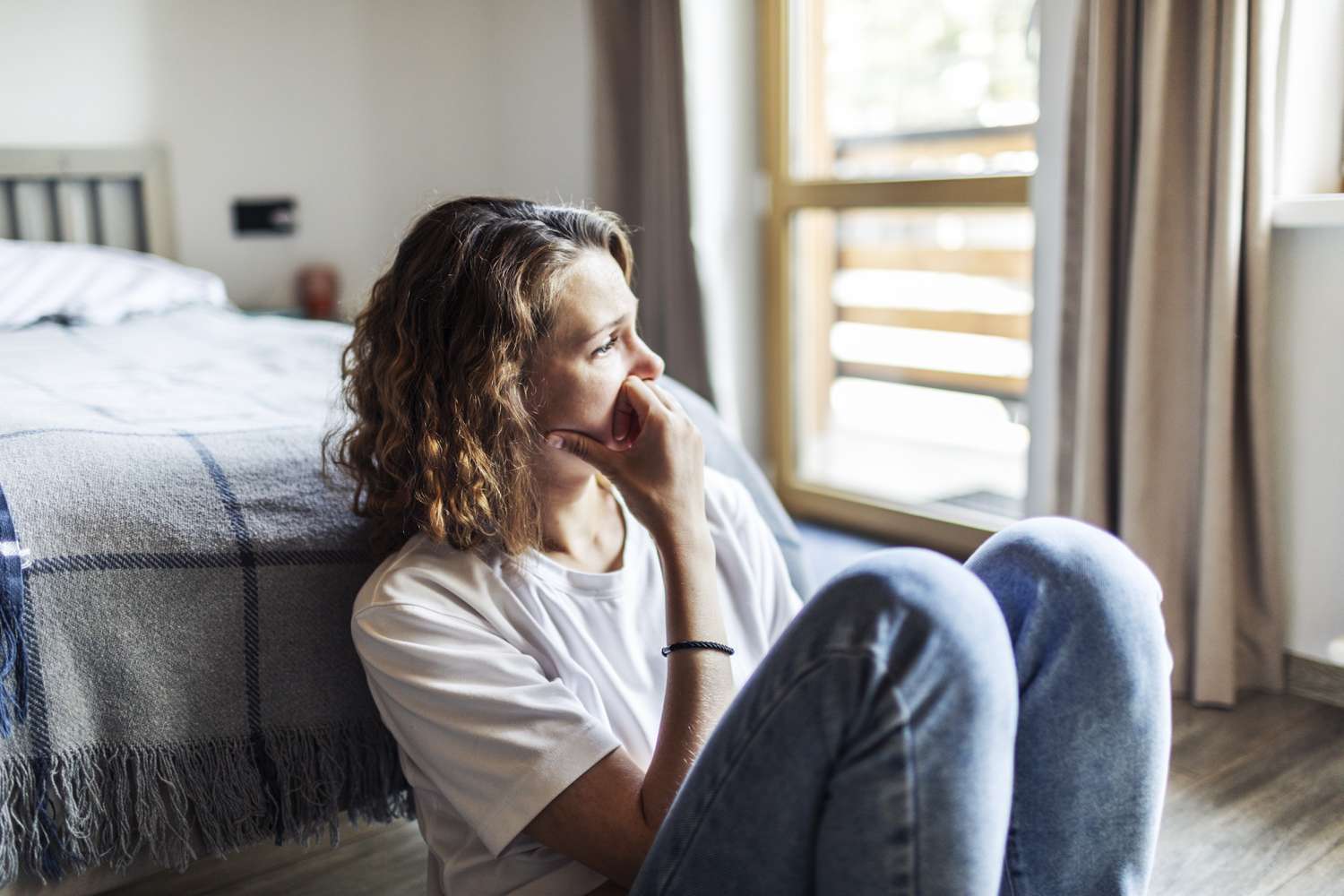"How to Alleviate Anxiety Around Cancer Diagnosis: Addressing the Common Fear Above All Other Diseases"

When it comes to health, many people worry about what the future holds—and a cancer diagnosis likely tops the list of concerns, according to a new survey.
The poll—conducted by Public First on behalf of the University of Cambridge—asked more than 2,000 adults in the United Kingdom about their most significant health fears. The results, released on July 15, show that two-thirds of respondents said they are very or somewhat worried about receiving a cancer diagnosis—more than any other medical condition, including dementia or having a heart attack.
Several other surveys in the UK and the United States have found that cancer is a substantial fear for many people, despite cancer mortality rates having dropped significantly in both places over the past couple of decades.
Still, cancer tends to be mentally linked with death for people, Lilian Rodriguez, LCSW, a social work counselor at The University of Texas MD Anderson Cancer Center, told Health. “This perception is deeply ingrained, making the idea of cancer particularly frightening for many individuals,” she said.
But there are also other factors driving a fear of cancer, experts said.
Here’s what you need to know about why people are so scared of cancer in particular, as well as what you can do if you’re worried about a cancer diagnosis.
There are a few things that can fuel a fear of cancer.
“Many people know at least one person with cancer and have an idea of the impact it can have on someone’s life,” Jordie Poncy, PhD, a clinical psychologist at Moffitt Cancer Center, told Health.
The reality of living with cancer treatment has been widely shared on social media and news stories, which can also feed that fear, Poncy said. “People diagnosed with cancer often must receive life-changing treatments, such as surgery or chemotherapy,” he said. “These treatments are associated with unpleasant side effects such as hair loss, fatigue, or nausea and can disrupt a person’s normal routine.”
There is also only so much people can do to lower their risk of cancer—and that lack of control can be challenging for people to grapple with, Hillary Ammon, PsyD, a clinical psychologist at the Center for Anxiety & Women’s Emotional Wellness, told Health. “That makes cancer feel particularly scary,” she said. “Also, the aggressiveness of some forms of cancer certainly plays a role. A person may notice symptoms, get evaluated, and be informed it is a later-stage cancer, which could result in death.”
References to cancer also abound in TV shows, movies, and other media, which can keep it at the forefront of your mind, Poncy told Health. “It’s a topic that comes up a lot,” he added.
Finally, many people are aware that the rates of certain cancers are increasing in younger people, making the disease feel like a threat for nearly everyone, Poncy said.
It’s understandable to find the prospect of a cancer diagnosis scary, especially because there’s nothing you can do to completely eliminate your risk of getting it.
“Managing the fear of a cancer diagnosis starts with acknowledging that this fear is valid,” Rodriguez said. “Many of us have been touched by cancer in some way, whether directly or indirectly, which makes it feel very personal.”
Ammon said what’s important is to try to figure out what’s driving your fear.
“When working with clients struggling with health anxiety related to cancer, we often explore their greatest fears and explore what is within and out of their control,” she said. “It can be helpful to process and explore the fear driving the frequent worries about cancer.”
In addition to exploring the root of your fear, it’s also important to try to change the way you think about cancer, Poncy said. “Rather than focusing on the uncertainty about whether or not you will get it, focus on steps you can take now to reduce your risk, such as managing health behaviors and lowering stress levels,” he said. That can include eating a healthy diet, exercising regularly, and getting screening tests as recommended.
By being proactive, “you can help reduce anxiety and take control of your health without letting fear dominate your life,” Rodriguez said. Feeling like you have some level of control over your health may reduce anxiety.
But developing healthy coping skills is important, too, according to Poncy. That includes talking to other people about your fears and having a solid social support system.
It’s also important to pay attention to whether your fears may have turned into a struggle with anxiety, Ammon recommended. This includes being on the lookout for “checking” behaviors, like excessively analyzing your body for moles, Googling brain tumor symptoms every time you have a headache, or contacting your doctor at the sign of any abnormal symptom in your body.
Some people with anxiety about cancer might go the opposite route—avoiding seeking out medical care when it’s needed out of fear of being evaluated or the outcome of the evaluation, Ammon said. “When working with these clients in therapy, we would often schedule appointments, as needed, to be evaluated by a medical professional,” she said.
Ultimately, if you’re struggling to keep your anxiety in check, it’s a good idea to seek help. “If you find anxiety about health is interfering with your ability to thrive in various aspects of your life such as relationships, work, or personal activities,” Poncy said, “it may be helpful to speak to a mental health professional to gain additional support and coping skills.”




